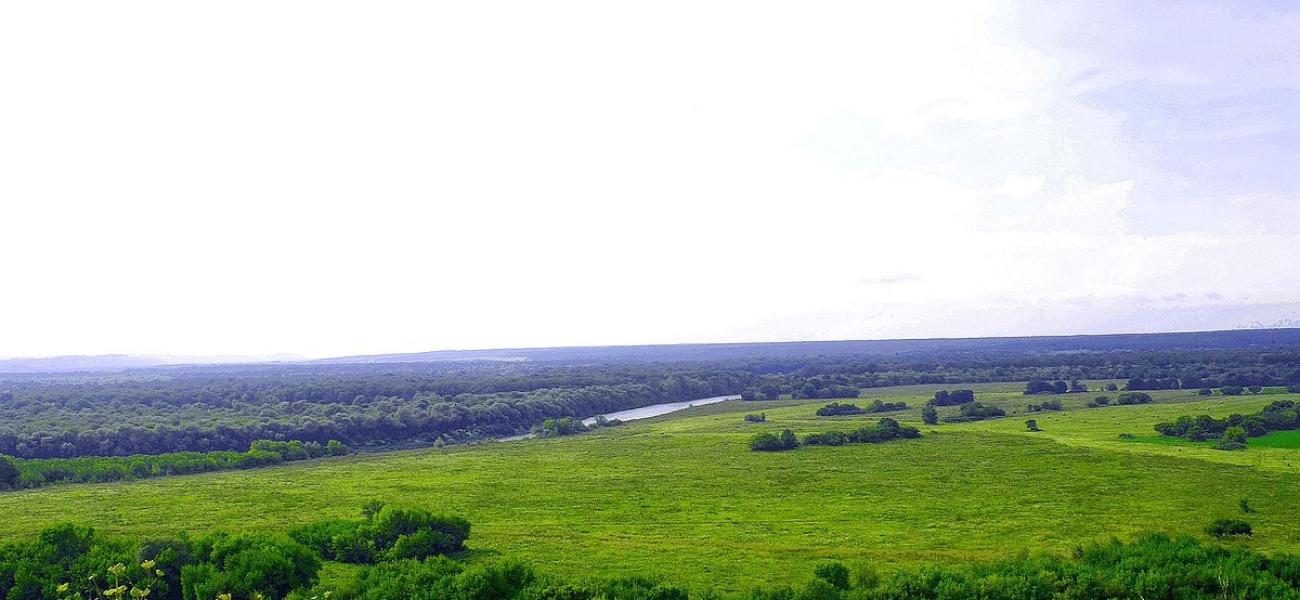
How Russia Wins the Climate Crisis
This is a summary of an article originally published by The New York Times.
Lustgarten argues that in the coming climate change crisis, "no country may be better positioned to capitalize on climate change than Russia." Russia, unlike its South Asian neighbors, is projected to see boosted crop production over the coming decades due largely to its northerly position. Farm yields in the United States, Europe and South Asian countries such as India are projected to decrease. Lustgarten argues that this trend has not gone unnoticed in the Russian government, as "the steps its [Russia's] leaders have steadily taken ... have increasingly positioned Russia to regain its superpower mantle in a warmer world.”
Lustgarten details how projections show that over the next several decades, "per capita G.D.P. in the United States will drop by 36 percent compared to what it would be in a non-warming world, even as per capita G.D.P. in Russia will quadruple.” Northern countries such as Canada, Iceland, Norway and Sweden will likely see increases as well. Lustgarten also points to the effects that climate change will have on demographics. He argues that "as climate change increasingly drives mass migration ... Northeastern China … will face water shortages and droughts that could drive its population into Russia ‘in large numbers.'" And this trend is not just confined to China -- climate change could drive much of Central and Southern Asia's population up north; "many of whom might also come to Russia." While the ultimate outcomes of climate change could be catastrophic for much of the world, for Russia, they could be just the opposite.
Read the full article at The New York Times.
Abrahm Lustgarten
Abrahm Lustgarten is a senior environmental reporter for ProPublica, with a focus at the intersection of business, climate and energy. He frequently works with The New York Times Magazine.
Photo from Wikimedia Commons shared under a Creative Commons license.

